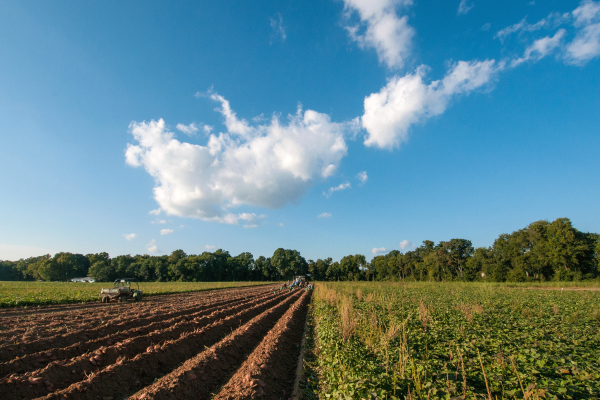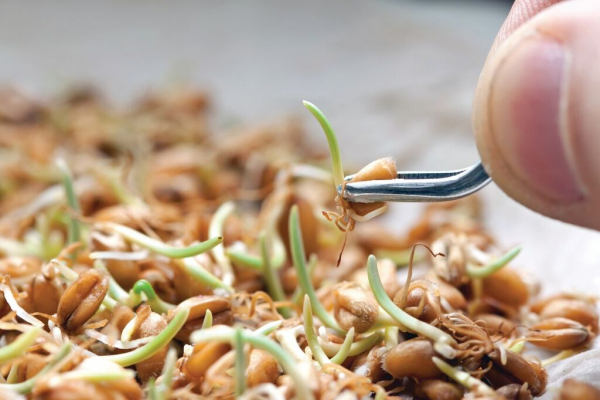Benefitting Boars
Instead of surgically castrating young boars, researchers at the University of California, Davis and Washington State University are developing a practical and humane way to remove “boar taint” (an unpleasant odor in the meat of uncastrated male pigs).
With USDA funding, scientists are using genome-editing (CRISPR/Cas9) technology that allows genetic material to be added, removed, or altered at precise locations in the pig genome. They are testing how to “edit out” the enzyme that leads to the development of boar taint.
The approach has an added advantage because uncastrated male pigs grow more quickly and use feed more efficiently compared with castrated male pigs. With more productive growth and tastier meat, farmers can avoid the cost of boar castration while improving animals’ well-being.


